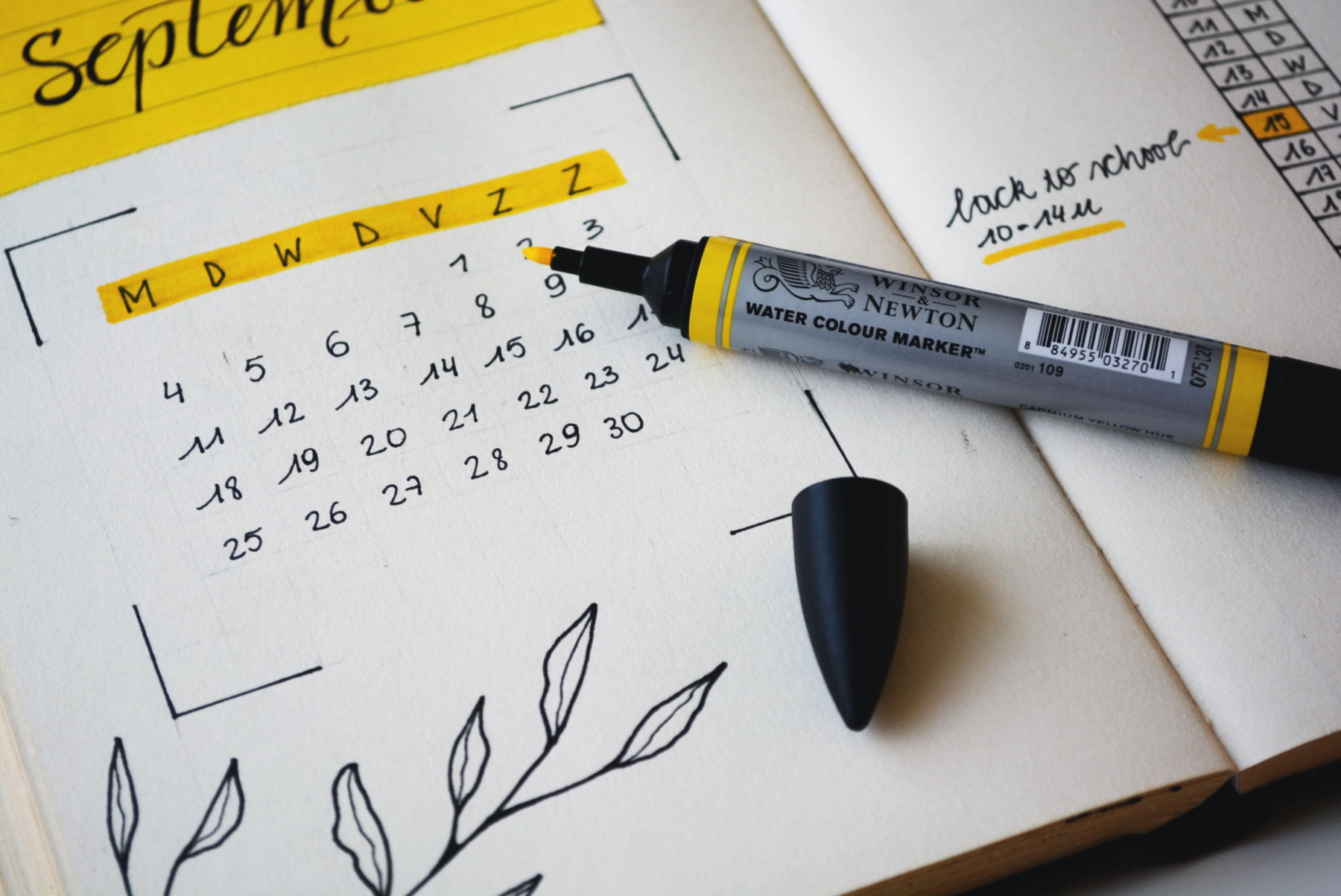
Habit Hacks for 2023
Everyone wants to dump bad habits and create good ones, especially as a new year kicks in. So, let’s get clear on some terminology and then talk about habit hacks that make a REAL difference.
First, a habit is an activity or action that we do in response to a stimulus, without thought. For example, if the first thing you do (after the personal stuff) when you leave the room is head to the kitchen to get a caffeine fix from the coffee machine – and you essentially do it without thinking – it’s a habit. So is picking up your phone when you face 10 seconds of boredom. And so is rolling your eyes when someone asks you to do something you don’t want to do. There are also good ones… We’ll get to them shortly, I promise!
Second, a hack is a shortcut or simple way to do something that might otherwise seem a bit difficult or overwhelming.
So, how can we create great habits, and how can we hack the process to make it easier?
Habits happen because we receive the same stimulus over and over (you could also call it a “cue”), which leads to a craving and a response (or a “routine”), which wraps up in a reward. This is called the Habit Loop. A simple example: you walk into a dark room (cue), which makes you crave being able to see, so you flick the light switch without thinking about it (this is the routine – or the craving and response), and then the light comes on, which gives you your reward. Simple!
The key thing is that it’s automatic. We don’t even think about it. We just do it.
We all have lousy or unhealthy habits we’d like to break, perhaps like the above. And most of us have positive, healthy habits we’d like to create. When we understand the habit loop that cognitive psychology has taught us, we can hack our habit-creation system and achieve better outcomes. Leaning heavily on Atomic Habits by James Clear (and The Power of Habit by Charles Duhigg) here are a handful of ways to do this:
Make it Obvious or Invisible
If you want to make the cue more impactful so that it stirs something inside you, make it really obvious. Let’s say you want to eat better. Have healthy food options front and centre. Want to exercise more? Put your running gear beside your bed. If you want to spend better time with your family, make a plan, put it in the diary, and make that promise to your partner or kids so they know that Tuesday night is family night, no exceptions.
Alternatively, if you want to make the cue less impactful so it stops stirring something inside you, do the opposite and make the cue disappear. Remove unhealthy food from your fridge and pantry. Put a lock on your phone with the Freedom (or other) app so you can’t use it and go to sleep early. Hide the TV away so that it doesn’t pull you away from relationships that matter.
Make it Attractive or Awful
When it comes to the craving that is built on that cue, you want to either make it attractive or awful. Trying to create a better habit? Make the cognitive switch so that it seems appealing and you’ll crave that behaviour. Want to speak nicer to your partner or kids? Make calm, quiet, kind speech seem just right, and focus on how awful snarky, loud demands can sound.
Make it Really Easy or Really Hard
To make the response/routine right, consider how easy or hard it is to do that habitual behaviour. The less friction there is, the more you’ll do it, so create friction for habits you want to break and reduce it for habits you want to strengthen. One woman told me that she kept sweets in the house for her family, but she always ate them. Especially the corn chips! Because she was only about 5’ 1”, she decided to have her 6’ 2” son put the treats up where only he could reach them. She made it hard for herself to access them, and it broke her habit of eating garbage food too much! If you want a better relationship time with your partner or children, set aside one period of time each week and lock it in for some family time. Grab the board games, make the dinner reservation, keep appointments away from that time. Make it easy and you’ll do it.
Make it Feel Super (or Sucky!)
The cognitive response to following a cue through to its craving and then on to your response is rewarding. That reinforces the cue and builds the habit. Our job is to really celebrate the behaviours that we want to see in ourselves and focus on the lousy feeling we get when we do things out of harmony with our goals.
You’ll struggle to get all of these ideas right, but even one or two can really make a difference. And there are a few other things you can do to improve your adherence to your new plans:
- Find a partner to support you. Want to exercise more? Meet a partner at the corner at 5:30. You won’t want to let them down, and you’ll be more likely to get that goal. Or bring your spouse on board for date night, improved communication at home, or having meals on time.
- Stack your new habits onto old ones. Essentially, you determine that after you carry out an act you already do (like having that morning coffee), you’ll pause for 5 minutes and take notice of your 5 senses (what can I hear, see, feel, smell, taste?) Or once I clean up the kitchen dishes at night, I’ll plug my phone into the charger and not touch it again so I can concentrate on my kids. Or a favourite of mine: when I see the stairs, I’ll run up them every time (unless my arms are full and I physically can’t).
- Create a visual cue. Want to speak better to your partner or children? Grab 10 marbles and move them from one container to another each time you offer kind words to them throughout the day. (Move two back if you fumble and say something unkind.)
There’s so much more you could try. The books I’ve referenced above will be helpful. But by practicing, you’ll get better, stronger, and more effective in creating habits that help to take 2023 in the direction you’re seeking. Good luck!
—
Interested in sharing this content on your site? Simply reference Justin Coulson (or the relevant author) and link back to this article.

